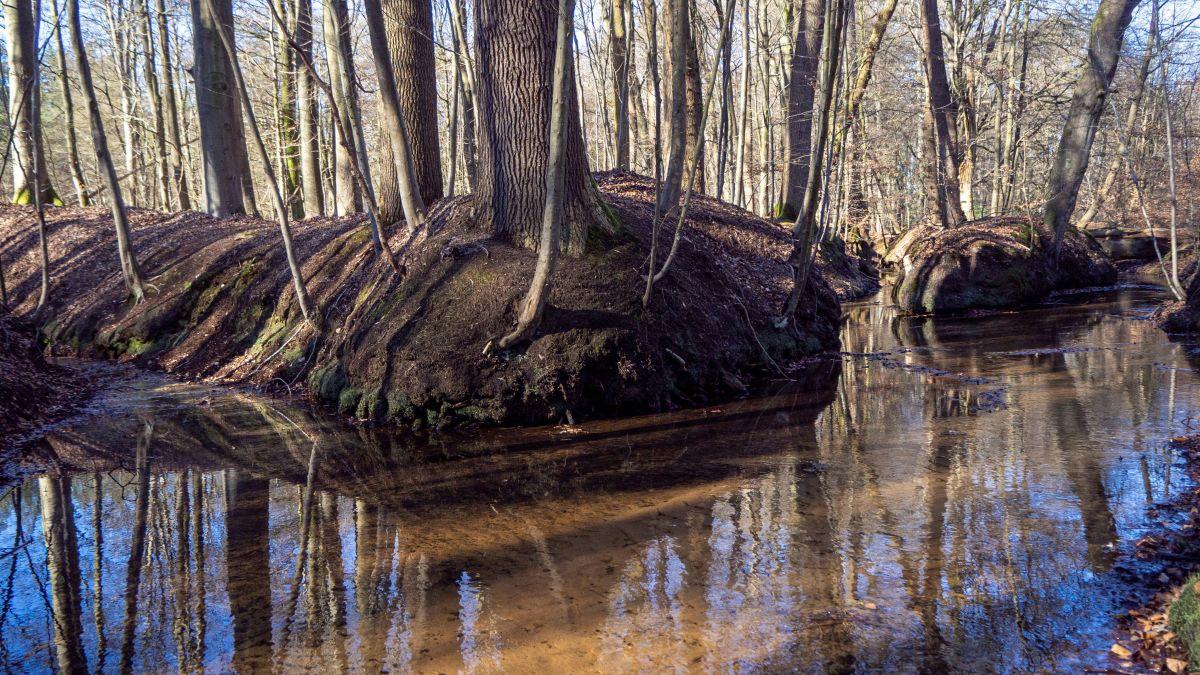Sponsored by Trinity College at the University of Melbourne and supporters, the Nakata Brophy Prize recognises the talent of young Indigenous writers; first place awards a three-month writing residency at Trinity College, $5000 and publication in Overland.
This year’s shortlist was very strong, with the top three poems closely matched. All three winners are available to read at overland.org.au.
Here are the judges’ comments.
Toby Fitch
The winner and runners-up were distinctive for their use of voice, tone and syntax, and for their ability to unsettle socially entrenched racist tropes in contemporary contexts. Runner-up ‘Cassandra’, by Ryan Prehn, is narrated by a young Indigenous man who morbidly deconstructs his white girlfriend’s ideas on love. Runner-up ‘Learning Bundjalung on Tharawal’, by Evelyn Araluen, is a spacious and elegant first-person account of an Indigenous writer’s frustrated attempts to ‘unspeak the empire’. The spare and direct language of the winning poem, ‘Expert’, by Ellen van Neerven, echoes the rich history of Black protest writing, while the poem’s fresh enjambments and sarcasm give it a modern torque.
Charmaine Papertalk-Green
As a judge, I kept going back to the purpose of an award that recognises the talent of young Indigenous writers and thinking through an Aboriginal lens: What does this mean? Is it the way a poem is constructed and the use of words/language? Indigenous narratives pouring out through words? Or a combination of both? The element of being able to tell Indigenous narratives through poetry is a strength, as is the talent in telling those realities through poetry.
Katherine Firth
Each of the winning poets played with dialogic forms. In two of the poems, ’Expert’ and ‘Cassandra’, this involved an interior response to a non-Indigenous speaker – things thought but not said, ripostes or rebuttals that find voice in text, but not in the depicted situation. In ‘Learning Bundjalung on Tharawal’ the speaker is again in dialogue, but here her interlocutor, her father, is teaching her his language. While the ‘I’ of each of the poems is silenced or learning to speak, the poets contrast polished, erudite and sharp linguistic craftsmanship in their writing. Each was moving and challenging.
Read the rest of Overland 223
–



